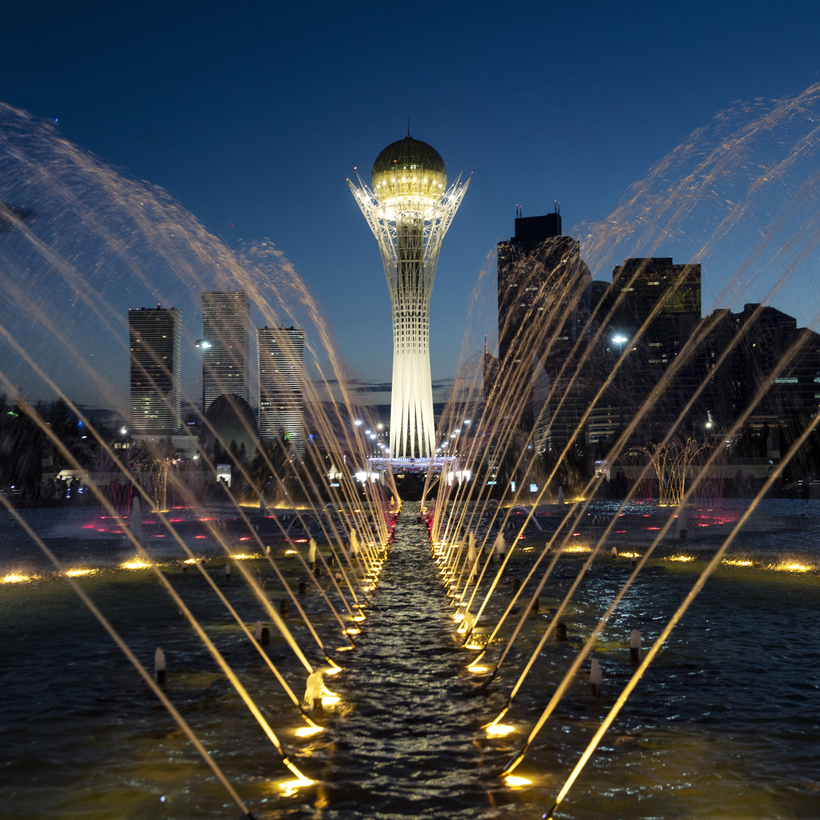It started with Courchevel.
That French ski resort has long relied on ruble-splashing oligarchs to shore up its V.I.P. P&L, ever since Roman Abramovich reportedly touched down there and loved it so much he asked the mayor if he could buy the whole thing. (He had to settle for a portion—no wonder it’s nicknamed “Kushevelevo” or “Courchevelski.”)


